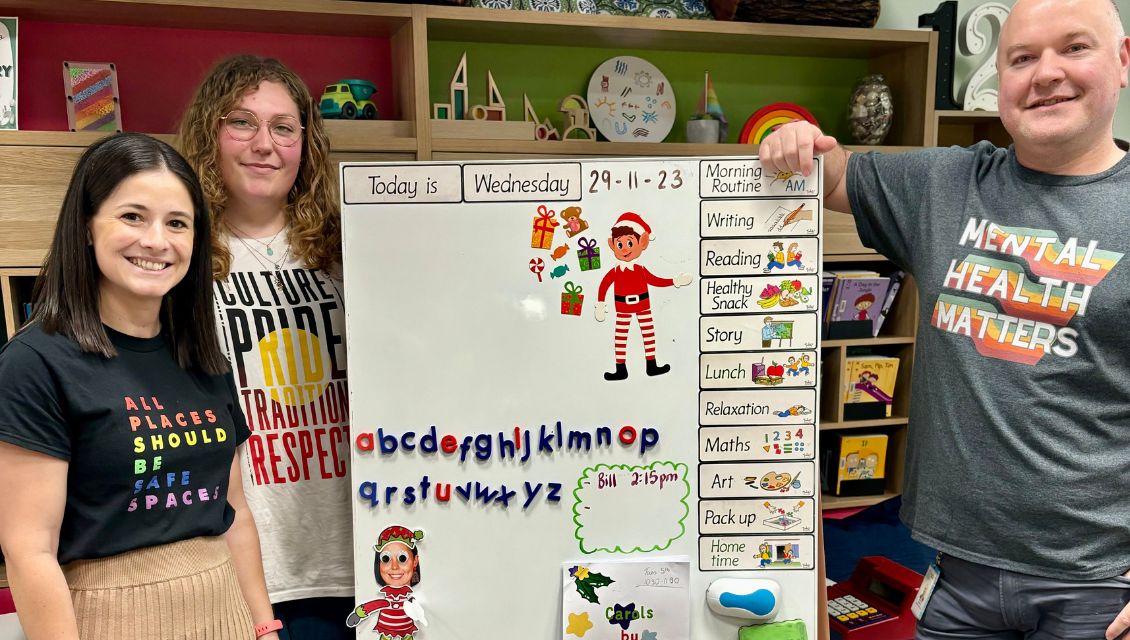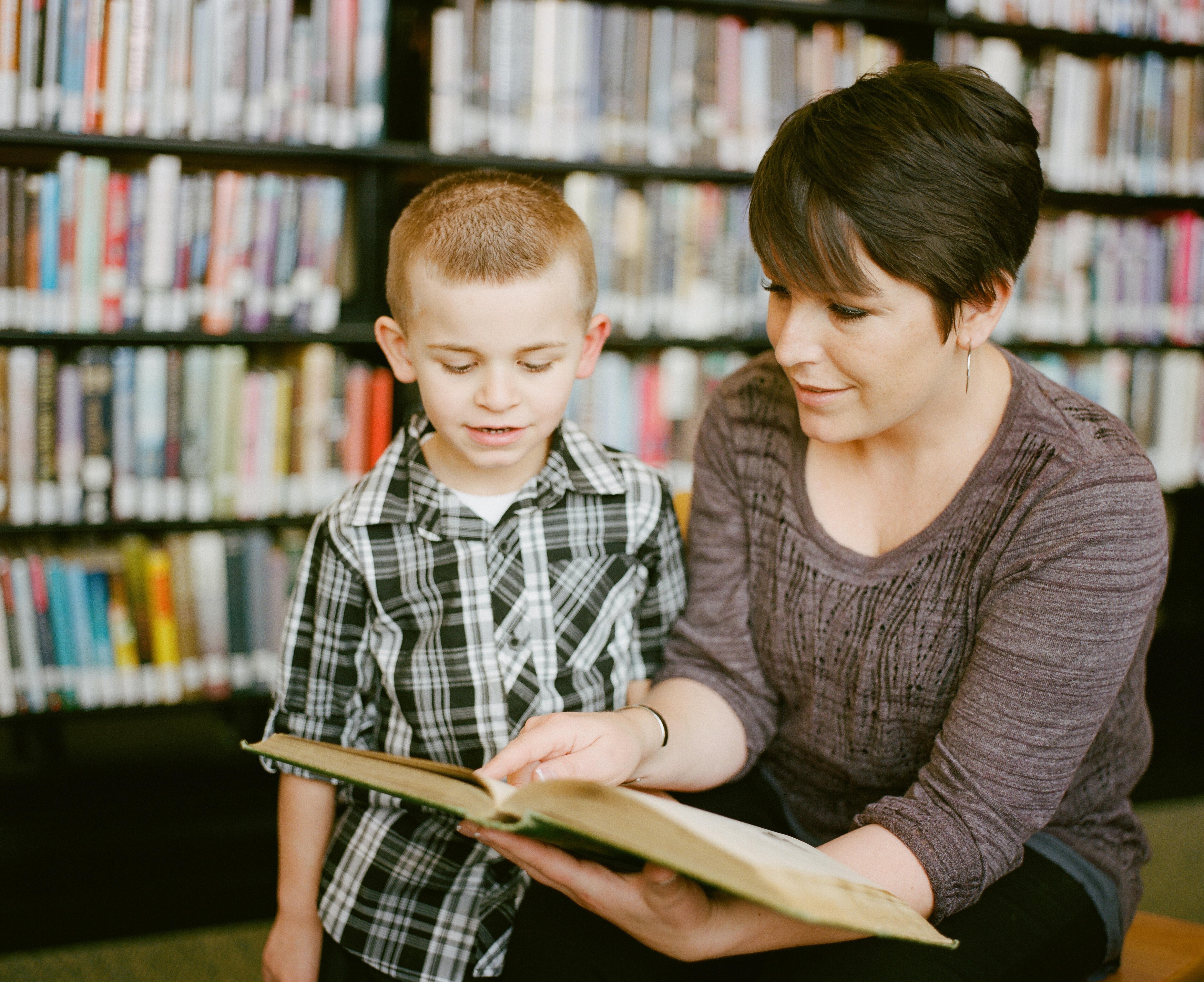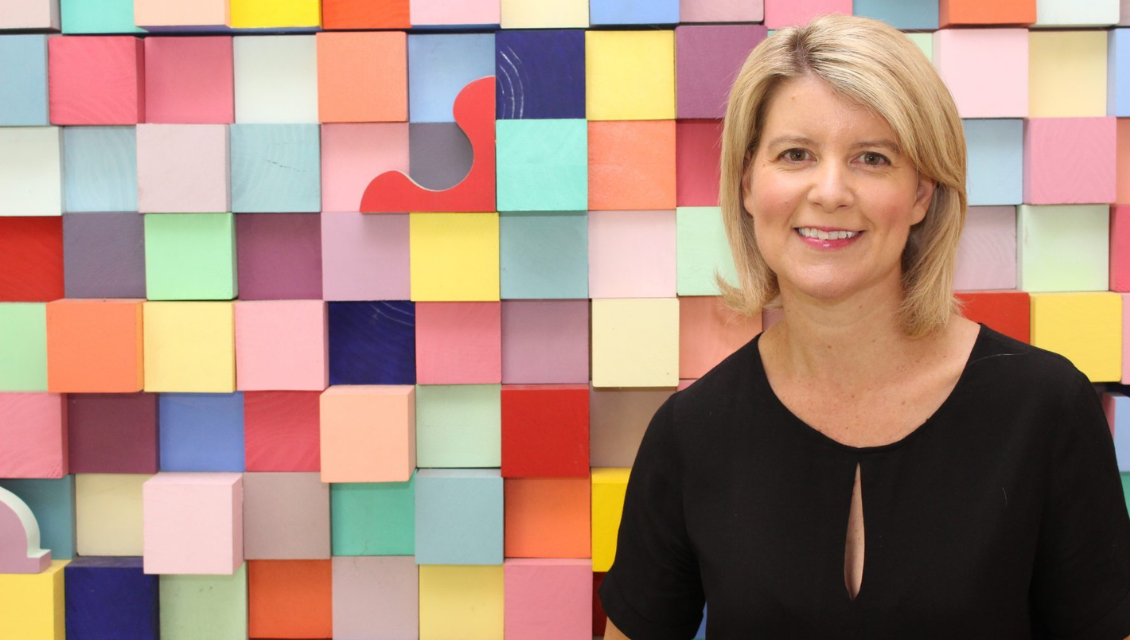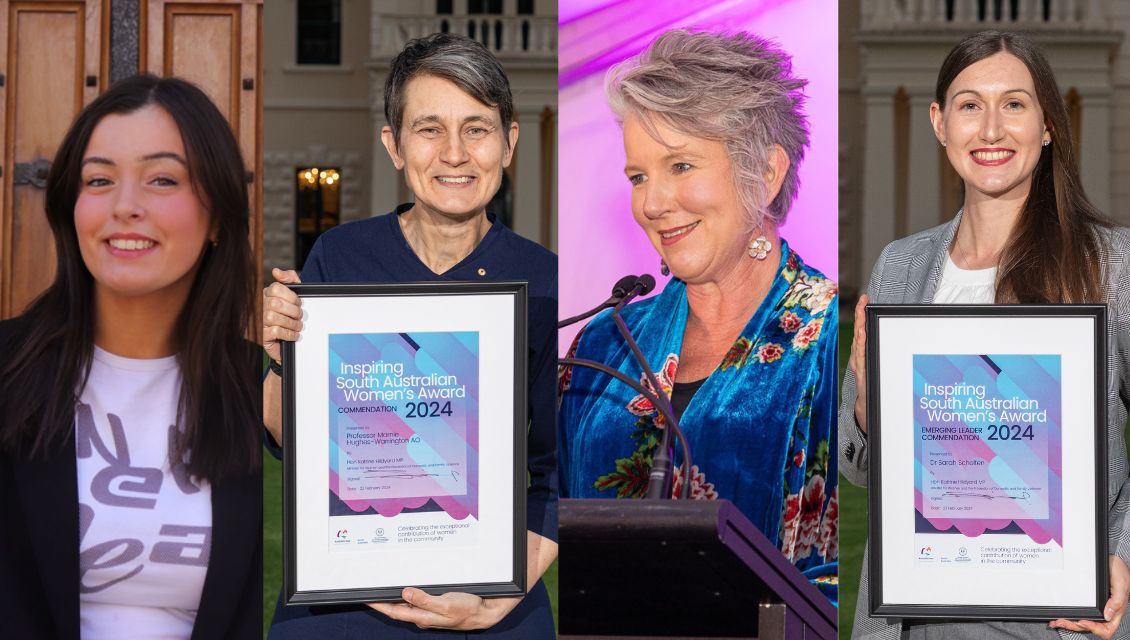
Walking into Hospital School, on the ground floor of the Women's and Children’s Hospital, is like walking into any school in South Australia.
Students’ artwork decorates the walls, teachers are delivering lessons to classrooms of young people eager to learn, and volunteers are busily covering books in the library.
And that’s exactly how it’s supposed to feel. The sense of normality - the idea that Hospital School is just a school - is at the core of the institution’s ethos.
The reality, though, is that the students at Hospital School are going through a lot.
Some have serious, even terminal, illnesses. Others have injuries from accidents or mental health conditions. Some are the brothers and sisters of patients from regional SA who would otherwise be missing school while their sibling receives treatment.
That’s why it’s so vitally important, principal Matthew McCurry says, that school remains something familiar in an unfamiliar world.
“We offer the same curriculum that students get in their mainstream schools,” the energetic leader says.
“They might be here today, and tomorrow they could be back at their school in the seat they were in last week. We want them to be exactly where they would be if they weren’t in hospital.”
The reality, of course, isn’t always so straightforward.
“We will talk to the student’s enrolled schools and we say, ‘Thank you for sharing your learning program- given the current circumstances for this young person, if needed we will adapt it to address the current mental health or physical health needs and communicate this to you’,” Mr McCurry says.
It’s the type of decision Mr McCurry and his staff have to make on a daily basis across Hospital School’s three campuses – Women's and Children's Hospital, Flinders Medical Centre and the Lyell McEwin Hospital – but he admits he’s never been one to shy away from a challenge having moved from being a leader in juvenile justice.
“But I just love my job. I love Hospital School, it’s an absolute privilege to work here with these families at some of the most trying times of their lives.
“To see the relief these families feel, because this is a stress on them or their child that we're able to alleviate.
"We're with them at the start when their world's been turned upside down, and we're here too when their new normal starts.
“We're here when we celebrate someone going home, when we celebrate that we’ve become one big family, and we're there with families when their child passes away.”
It’s here where Hospital School differs markedly from an average South Australian school. The passing of students is something everyone at the school – teachers, staff and students – must deal with on a regular basis.
“It is the hardest part of the job, and I get stingy eyeballs all the time,” Mr McCurry says.
“But one of my roles in leading this crew is to talk to them when one of our young people has passed away.
"It is a hard conversation, but we scripted as a whole crew the words to say and how they’re said. So when one of our young people passes away, we have the exact same conversation word for word, line by line every single time because the consistency gives you the security.
“I go to a meeting every morning where the potential is that I will be told a young person has passed away. Then I walk the 122 steps down to my space, and I have already messaged my PA to find out what teachers are attached to that young person. Then we will start that conversation.”
And while the challenges of Hospital School are tough ones, Mr McCurry says the highs are incredibly uplifting.
“Anytime we've had a young person who's undergone really difficult treatment and they come through the other side, and a family comes down to celebrate with us, and we have a present and a treat and applause and a speech, those times are fantastic,” he says.
“There was a young boy who had been in casts on both legs for such a long time, and really shied away from walking. Then we had Superhero Day, which is my most favourite day of the year, and Spider Man did a pose. This boy, who was also dressed as Spider Man, got out of his chair and he walked over to his hero. Those are the moments.”
Olivia Rose is senior teacher at Hospital School, working across the WCH and Flinders campuses with students ranging from babies to Year 12s.
Ms Rose said she had taught both primary and secondary students in a number of states and was trying to work out where she wanted her career to go when a friend mentioned Hospital School.
“It was something of a light bulb moment for me,” she says.
“It felt like it was something that I really wanted to do, something that was right for me.”
Ms Rose’s hunch proved correct, and she says that despite the steep learning curve she’s loved every day at Hospital School.
“It's been super interesting,” she says.
“I’ve learned so much in so many different areas, and I’ve seen how you can make a difference, I find it a huge privilege to work in this space with all the young people we work with.”
Ms Rose says there was a moment when she was working with young people with eating disorders at Flinders that she says will stay with her forever.
“They made these beautiful cards for World Teachers Day, and one of my young people said, ‘you've made a difference in ways that I can't even acknowledge’," she says.
“I think that was a huge one, to know that you're helping to make their journey to hospital, which can be so scary and so different, a safe space for them was very rewarding.”
Sarah Mundy, an SSO who works at Flinders and WCH, gave up a career as a baker to join Hospital School.
“This is ten times more rewarding,” Ms Mundy says.
“I love the connections with the kids and making a difference, whether that’s helping them understand a concept within their work or maybe just making them smile for the first time that week.”







